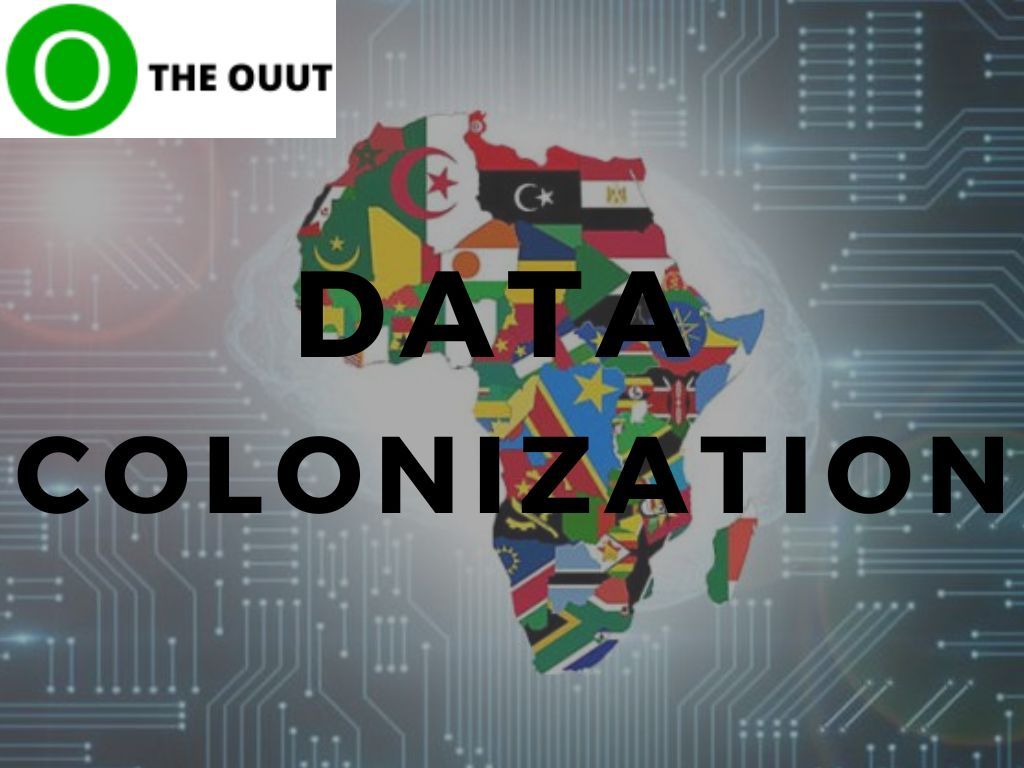Influx of Giant Global Data Companies in Africa Breeds Data Colonization

The data centers run by IBM, Microsoft, Amazon, and Oracle are expanding their capacity across Africa. Undoubtedly, the biggest data companies globally recognize an opportunity. African businesses are progressively switching to the cloud from their own servers, especially when international service providers, who at first did not have data centers based on the continent, slow down data transfer. As local and foreign cloud service providers compete for customers, this is starting to change.
Growth is clear from an analysis of the situation of the expanding cloud computing market in Africa that it will be hampered by persistent infrastructure issues. One of them is that African subscribers will always be tightly bound to gear with a foreign domicile. This dependence on the West breeds data colonization.
In the past, African firms and governments have preferred to host their data abroad; an act that often raised concerns over data security and privacy. However, with the influx of the biggest foreign data companies in Africa (particularly South Africa), that has changed. If cloud create, configure, run and distribute services, then the oligopolistic cloud market in South dominated by foreign companies should be a concern.
The global cloud infrastructure service revenue was about $180bn in 2021, according to Statista, with Amazon Web Services, Google Cloud and Microsoft Azure, the top 3 leading firms. Amazon Web Services possessed 33% of the global cloud market while Microsoft Azure and Google cloud had 21% and 10% respectively. This had raised concerns after some European authorities raised concerns over the dominance of a few American firms in the global cloud computing industry. So why isn’t Africa concerned also?
African governments’ and businesses’ reliance on foreign data centres, are increasingly leaving public and private data at the mercy of foreign companies. Data localization has not piqued the interest of Western tech companies, who have opted to instead construct their own data centers in Africa that are merely extensions of their server farms elsewhere.
Social media has been utilized for digital campaigning in African nations. Without giving the African countries themselves much of a return, foreign firms have collected, used, and shared data. For instance, Facebook’s Free Basic was charged with colonialist activities due to the collection of metadata and violations of net neutrality laws.
The increased practice of data colonization is capable of making it difficult for South African data companies to build and expand their own services and capabilities. The big guys have frequently used these underutilized data resources for their own gain.
Even yet, the prospects for cloud computing in Africa appears to be quite promising given a strong tendency toward data localization, laws, and infrastructure working together. Overall, more carrier-neutral local data center will be necessary to meet what is undeniably a strong long-term African demand. While governments are at this, they can as well implement data and privacy protection legislation to reduce the risk of data vulnerability.
